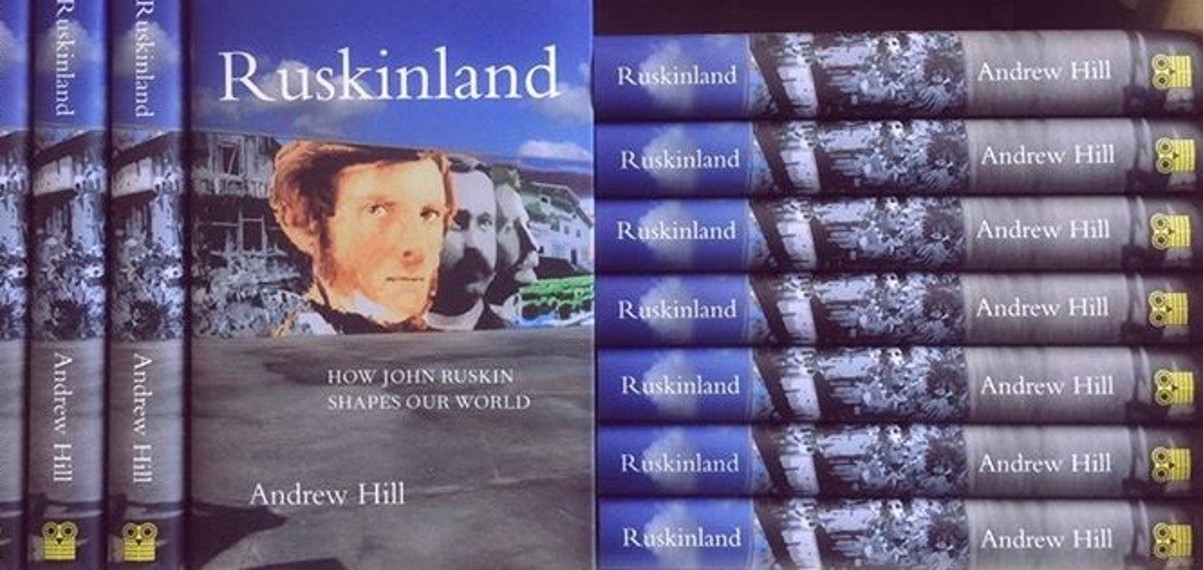Ruskinland Revisited
Companion Andrew Hill, author of the 2019 book 'Ruskinland', reflects on how much has changed in the world in the five years since Ruskin's bicentenary.
Written and presented by Andrew Hill at the Guild's AGM on Saturday 23rd November 2024.
What, or where, is Ruskinland? Many of you will associate it with the Guild's land holding in the Wyre Forest. But I stole the term for the title of my 2019 book and used it as a way of describing what I think of as a shadow network of Ruskinian influence. It includes places such as of course Brantwood in the Lake District. But also Ruskin, Florida, set up by American followers of Ruskin’s ideals at the turn of the last century.
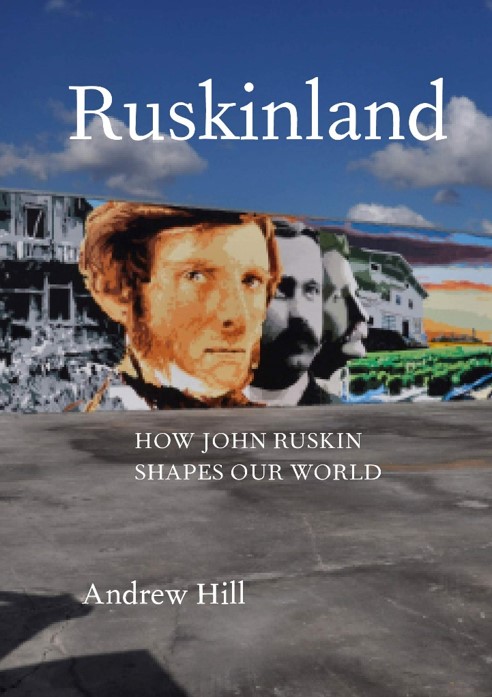
The mural on the front of my book - featuring Ruskin himself and the founding fathers of that Tampa Bay community - is a local landmark.
Ruskinland is also a network of ideas of the kind that the Guild helps to promote: improving people’s ability to see clearly; encouraging thoughtful urban planning and building; campaigning for a more fruitful and useful co-existence between humans and our environment; championing better work; and combining hand, head and heart as here at the Ruskin Mill Trust.
In 2019, the late, great Peter Day asked me to write a short piece for The Companion, answering the question “now where?” for the Guild at the end of a spectacular bicentenary year. I suggested that we should build on the Guild’s noble aim of making the world a happier place, based on Ruskin’s explanation that his efforts to teach artisans how to draw at the Working Men’s College in the 1850s were directed “not to making a carpenter an artist, but to making him happier as a carpenter”.
Nobody predicted, of course, that the following year would be marked by the global un-happiness of the pandemic. But what has happened since? What is the current state of Ruskinland?
In those early lockdowns, at least in this country, if you were fortunate enough not to be sick, or in the front line of protecting us from Covid-19, there were plenty of Ruskinian moments. Unable to travel, we were forced to look more closely at the things immediately around us. To appreciate nature, our neighbours and our communities. To stay in the moment.
I must admit I was optimistic that in the relief of escaping the pandemic, we would hang onto many of those good habits. But instead, it seems to me we mostly rushed back to the old normal. And this isn’t perhaps a surprise - it was the case after the terrible Spanish flu of 1918 that people wanted simply to forget that disaster and the Great War that had preceded it. And 14th century clerics complained after the Black Death that survivors celebrated by redoubling their debauchery rather than renouncing the sins that they thought had brought down God’s punishment.
I’m bound to say that for all the efforts of the Guild, its companions and its supporters, Ruskinland is under pressure.

John Ruskin, Cloud Effect over Coniston Old Man © The Ruskin, Lancaster University
I was lucky enough to catch Tom Payne’s live performance of Storm-Cloud last week in Manchester, his interpretation of the famous lectures in which Ruskin denounced the “plague-wind” that the industrial revolution had unleashed. It reminded me of Ruskin’s prescience on climate change, met at the time with ridicule and indifference.
And it was particularly striking because last month’s hurricanes Helene and Milton both ploughed through the community of Ruskin Florida that I visited in researching my book. Yet still, we mostly continue to ignore these warning signs.
Environmental depredation is not the only way in which Ruskinian values and ideas are under pressure.
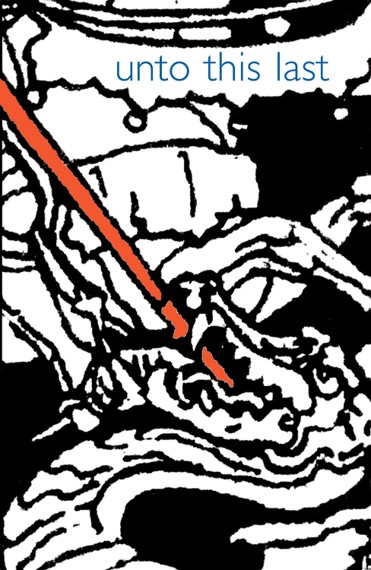
ILLTH - the toxic opposite of “wealth”, defined by Ruskin in Unto This Last - is expanding in the corporate world that I cover day to day for the Financial Times.
When I was writing Ruskinland, visionary leaders of companies such as Unilever and Danone were setting their companies on a wider purpose-led path. In 2019 even the arch-capitalists of America’s Business Roundtable organisation adjusted their objective to take account of all stakeholders, not just their members’ shareholders. But those corporate leaders at Unilever and Danone have moved on. In the US in particular, a backlash against “wokeism” has prompted companies to indulge in “purpose-hushing” - downplaying environmental, social and governance programmes.
And now I’m afraid that with the election of Donald Trump, who is surrounding himself with self-interested billionaires such as Elon Musk, we have entered a full-on phase of ILLTH-creation. In the US, companies risk putting themselves in the line of fire if they promote an ESG agenda instead of focusing on creation of pure shareholder value. My fear is that Trump’s success will embolden ILLTH-creators everywhere. At least in the US, the societal and legal penalties for misapplying and misdirecting wealth are likely to be lifted or at least lightened. The pressure on the good leaders that Ruskin called “honest merchants” to swerve away from the “law of life” is mounting.
But I promised Rachel I wouldn’t be too downbeat. As we’ve already heard today, there are plenty of ways in which Ruskinian ideals and practices are thriving and indeed expanding. In this country, we have elected a government that has a chance to restore stability and a more balanced, socially just approach to the economy.
On the environment, a speaker on a sustainability panel that I chaired this week pointed out that 25,000 organisations, representing two thirds of global corporate market value, have signed up to the Carbon Disclosure Project, a voluntary programme aimed at “catalysing urgent action towards a sustainable net-zero, deforestation-free and water-secure world”. It will be hard to stop that momentum, let alone reverse it.
And of course, even with the environmental, geopolitical and economic challenges we face, we live in a world vastly improved from the one Ruskin feared was unfolding when he wrote Unto This Last 160 years ago.
Still, it seems time for modern merchants to heed again the “five rules” that I once distilled from Ruskin’s work:
- provide for the nation
- be honest
- lead valiantly
- collaborate
- and create wealth, always remembering, there is no wealth but life.
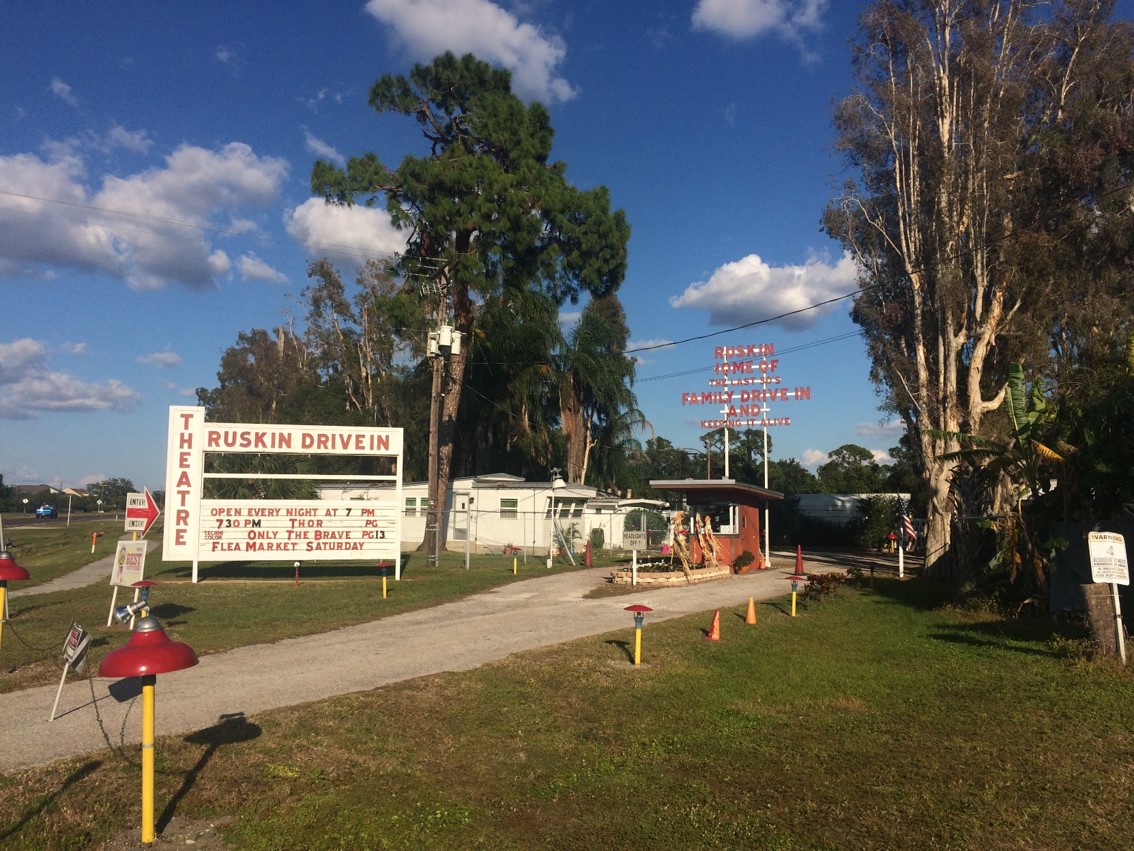
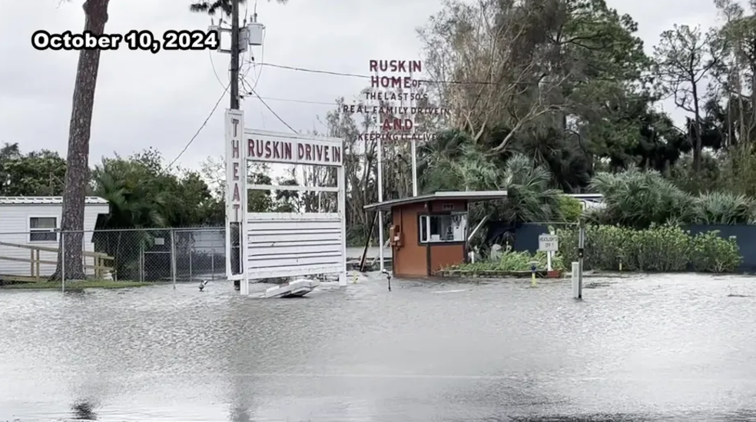
Source: Fox 13, Tampa Bay
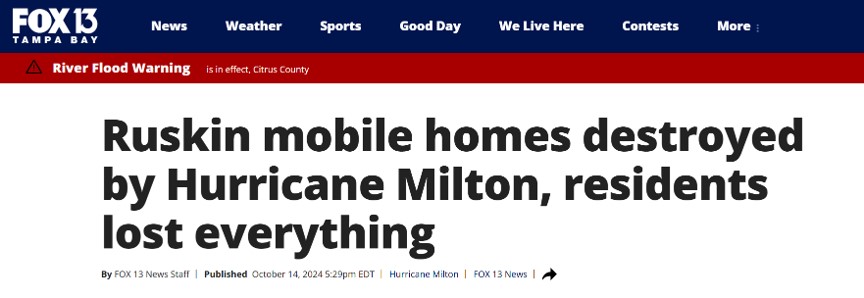
As Companions, and as citizens of Ruskinland, we will be called upon in the coming years to apply ourselves even more diligently to live up to Ruskin's words from Unto This Last; "There is no Wealth but Life…that man [or woman] is richest, who, having perfected the functions of his own life to the utmost, has also the widest helpful influence, both personal, and by means of his possessions, over the lives of others." It’s going to take time. And effort. Possibly more time and more effort than I imagined amid the optimism of 2019.
But in this - as in so much - I think we can take inspiration from Ruskin, the thinker, who, at the start of his tragic final descent into mental breakdown despaired that nobody was paying heed to his ideas. In fact, they were already taking root across Ruskinland.
We can also take heart from Ruskin, the place.
A stock line I use when discussing my book is that thanks to the existence of that Florida community, John Ruskin is probably the only Victorian thinker to have a drive-in movie theatre named after him.
Well, that theatre was destroyed by Hurricane Milton. Its owner decided at first that it was the final straw. She was ready to give up. But then, neighbours started to rally round, offering to clean up and donate to rebuild its big screen, to make it bigger and better. John Ruskin loved a good theatrical spectacle, so I like to think he’d be pleased to see his principles of neighbourliness and mutual support applied so practically.
Local Florida news also went to interview residents whose house had been devastated by Hurricane Milton. There, amid the wreckage of storm-tossed mobile homes, they found Brenda Pulscher.
"We've heard a lot of people are calling it quits and say, you know, they can't afford to fix it up,” she told the reporter. But then she added - with what I see as a mixture of Ruskinian optimism and Florida grit: “It's just going to take a long time to get it back to our paradise".
ANDREW HILL
Senior Business Writer, Financial Times, and Consulting Editor, FT Live
Email: andrew.hill28@btinternet.com
Buy Andrew's book HERE
